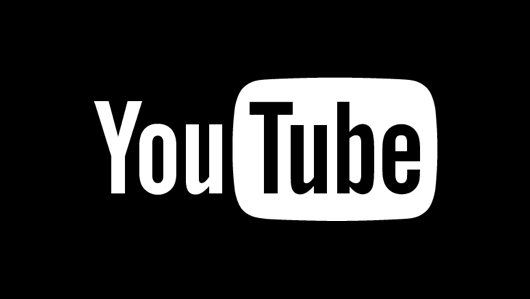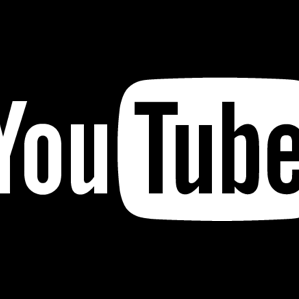
Perhaps you've seen the mass hysteria about the end of YouTube with the impending blockade of all indie label content that's not signed-up for YouTube's apparently ready-to-roll music subscription service. Or maybe you haven't. And, either way, maybe you shouldn't worry too much. (Maybe you should go outside, actually. It's summer. There's things to do besides sitting at a computer.)
Forbes has a nice breakdown which I'll use to provide this simple guide:
- YouTube does plan to launch an advertising-free subscription tier build around music. They've signed deals with 95% of the labels that are on the service currently.
- The big change in the deal is that YouTube will payout revenue at a flat rate, as opposed to the advertising shares which varied based on all sorts of things beyond the scope of anything simple.
- Some independent labels haven't signed deals in protest of the terms.
- As a result, YouTube has CONFIRMED that videos from those non-particpating labels will indeed be removed from the site, unless they're via a VEVO channel. The big names to throw around in this conversation are Adele and Arctic Monkeys and Radiohead, because you love them.
Confusing? You bet. Go read the Forbes the article. But, I'm confused for a different reason, which is why are they making this change NOW?
If this recent report is correct about how online video advertising is one of the fastest growing segment among all ad formats — second only to mobile, and well ahead of TV, radio, search and traditional display ads — and is expected to double in value over the next two years, then why would YouTube be seeking to break that model?
And why would they do it at a point where other players are catching up in terms of features and portability — where some of their key content providers like Maker.TV are launching their own players and sites so they don't need to split revenue and control with YouTube?
Is it possible that YouTube has done the homework and it's telling them that most people use the music side of their service as just an on-demand radio? And that video advertising growth for music videos is a bubble that will burst as soon as technology can tell us whether eyeballs are actually on that video, or if it's just playing the hits behind a bunch of other windows?
And if the video landscape does splinter with various competing (yet equal) players, can we finally stop obsessing over YouTube play counts?
Some of the immediate answers will come when the service launches — reportedly soon — but some of these other effects will come on the longtail. Should be an interesting ride...













